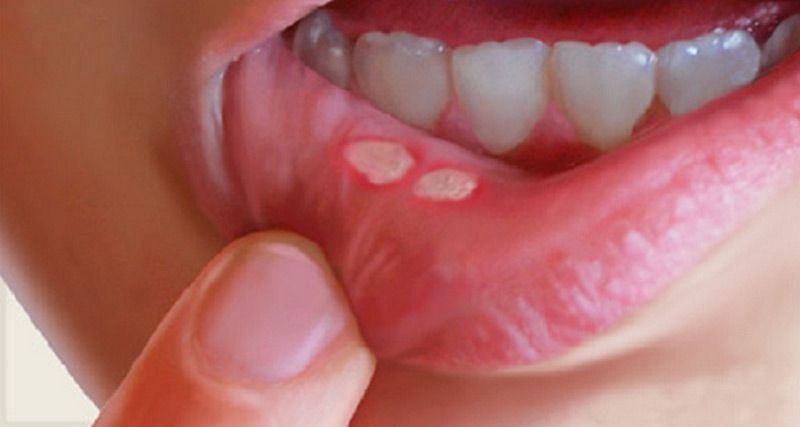Autoimmune disease is a condition in which the immune system attacks the body itself. One of the autoimmune diseases that attacks the digestive tract is inflammatory bowel disease, or in medical terms, it is known as Inflammatory Bowel Disease (IBD). IBD consists of two types, namely ulcerative colitis, which occurs in inflammation only in the large intestine area. In contrast, in Crohn’s disease, inflammation occurs throughout the digestive tract, such as the large and small intestine. Inflammation that occurs in IBD is in the form of injury or loss of the outer layer of the gastrointestinal tract or medical terms it is called ulceration.
The most common symptom that IBD sufferers complain of is chronic diarrhea that lasts for two weeks or more. Other symptoms that IBD sufferers often complain about are bloody bowel movements, weight loss and abdominal pain. Defecation with blood is the result of a wound or ulceration in the digestive tract. Wounds or ulcerations that occur not only in the digestive tract, IBD sufferers also experience complaints in the oral cavity, one of which is recurrent canker sores or known as recurrent aphthous ulcers(RAU).
RAU is a lesion that is often found in the oral cavity; the cause is still unknown. Several factors can stimulate the recurrence of thrushes, such as genetic factors and systemic diseases, such as IBD. Research shows that recurrent canker sores appear as a result of the production of inflammatory mediators, called cytokines, in the oral mucosa that is associated with an increased immune response to the oral mucosa in the form of inflammation. Inflammation and the production of inflammatory mediators (cytokines) result in the death of cells in the oral mucosa called necrosis (cell death due to inflammatory processes) and necro position (programmed cell death and due to inflammatory processes). Necroptosis is a form of cell death that can be activated by inflammatory stimuli and cell death receptors. Activation of necroptosis by death receptors requires activation of specific proteins such as RIP1 kinase and regulatory RIP3, which are essential mediators of necroptosis.
The emergence of thrush or RAU in patients with IBD is thought to be a result of the process of death of oral mucosal cells by necroptosis. The oral cavity, as part of the digestive tract, will respond to inflammation that occurs in the digestive tract. Inflammation of the intestinal mucosa as occurs in IBD causes epithelial cell death which results in ulcer formation. The death of epithelial cells in the digestive tract results in the formation of an inflammatory mediator called TNF-α. The TNF-α formation does not only occur in the digestive tract but also occurs in the oral cavity. This process will result in the process of cell death, both necrosis and necroptosis in the epithelial cells of the oral cavity, resulting in manifestations in the form of ulcers or what is called thrush.
Author: Meircurius Dwi Condro Surboyo, drg., M.Kes
Link:
Meircurius Dwi Condro Surboyo, Diah Savitri Ernawati and Jenny Sunariani (2020). Mechanism of TRADD and RIP in necroptosis of recurrent apthous ulcers in inflammatory bowel disease. Biochemical and Cellular Archives; 20 (Supp 1): 2951-2955
http://www.connectjournals.com/toc2.php?abstract=3182800H_2951A.pdf&&bookmark=CJ-033216&&issue_id=Supp-01%20&&yaer=2020





